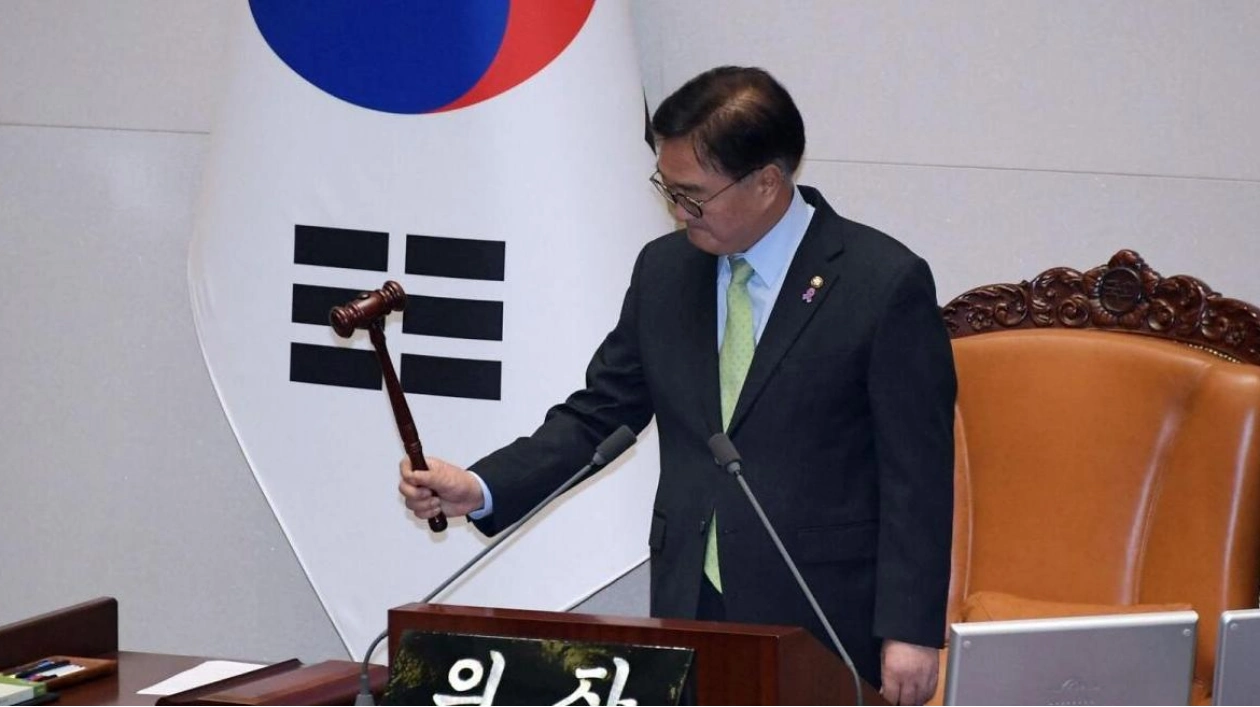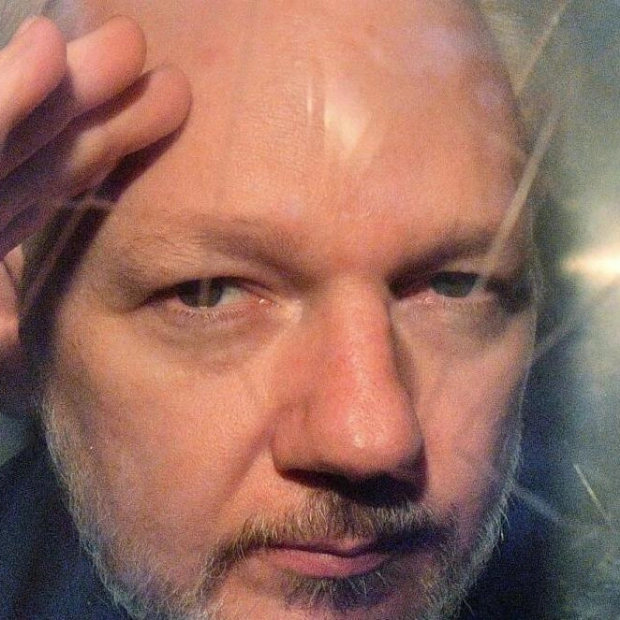South Korea's National Assembly Speaker Woo Won-shik passed a resolution demanding the immediate lifting of martial law at the National Assembly in Seoul on December 4, 2024, following President Yoon Suk Yeol's declaration of martial law. (Photo: AFP)
South Koreans were stunned on Tuesday when President Yoon Suk Yeol announced in a live TV broadcast that he was declaring martial law, only to reverse his decision hours later. Amid initial confusion about the measures to be implemented, the South Korean military issued a decree banning protests and political activities, and placing media under government control. However, few of these measures were put into effect before 190 of the National Assembly's 300 members defied police and military cordons to vote against the declaration, prompting Yoon to promise its lifting.
Yoon cited opposition parties as having taken the parliamentary process hostage. "I declare martial law to protect the free Republic of Korea from the threat of North Korean communist forces, to eradicate the despicable pro-North Korean anti-state forces that are plundering the freedom and happiness of our people, and to protect the free constitutional order," Yoon stated. He did not specify any immediate threat from North Korea, instead focusing on domestic political opponents. Yoon's presidency has been marred by 22 impeachment motions filed against administration officials since he took office in May 2022, and his approval ratings have been near record lows due to an influence peddling scandal and clashes with the opposition-controlled parliament over budgets and investigations.
The military appointed Army Chief of Staff General Park An-su to lead a martial law command and issued a decree effective at 11 p.m. on Tuesday. The decree included bans on political activities, media restrictions, and orders for striking doctors to return to work. Violators of martial law could be arrested without a warrant. Masked troops equipped with rifles and body armor entered the National Assembly, where they confronted staffers using fire extinguishers. By early Wednesday, there were no visible signs of government control over media outlets, which continued reporting throughout the crisis.
Thousands of demonstrators gathered outside the parliament, clashing with police and military. Lawmakers, including those from the opposition and Yoon's own party, denounced the martial law as unconstitutional and voted to lift it. Yoon announced another address stating that troops had been withdrawn and that he would lift the decree after convening a cabinet meeting. Foreign embassies in Seoul advised their citizens to exercise caution, and officials from the United States, Britain, Germany, and elsewhere expressed concern about the developments, emphasizing the importance of peaceful rule of law.
South Korea's finance ministry announced plans to inject "unlimited" liquidity into financial markets after President Yoon Suk Yeol lifted the martial law declaration, which had pushed the won to multi-year lows. The announcement followed emergency talks between Finance Minister Choi Sang-mok and Bank of Korea Governor Rhee Chang-yong, and an abrupt central bank board meeting to approve rescue measures for the local credit market. While financial markets stabilized on Wednesday, investors remained cautious about longer-term political stability in South Korea, which has been working to globalize its markets.
South Korean President Yoon Suk Yeol abandoned his attempt to impose martial law on Wednesday after lawmakers defied security forces to vote against his declaration and thousands of protesters took to the streets. The main opposition party, whose lawmakers scaled fences and clashed with security forces to vote against the law, demanded Yoon's immediate resignation over the attempted "insurrection." The nation's largest labor union called for an "indefinite general strike" until Yoon resigned. The leader of Yoon's ruling party described the attempt as "tragic" and called for accountability. Yoon backed down after lawmakers voted to oppose the declaration, which he made late on Tuesday night citing the threat of North Korea and "anti-state forces."
Opposition lawmakers called for Yoon's resignation or impeachment. His chief of staff and other officials offered to resign en masse, while the leader of his ruling party called for the defense minister to be fired and the entire cabinet to resign. More protests are expected, with South Korea's largest union coalition planning a rally in Seoul and vowing to strike until Yoon resigns. Diplomatic engagements, including a visit by the Swedish prime minister and a meeting of the US-South Korea Nuclear Consultative Group, were postponed.
Source link: https://www.khaleejtimes.com






